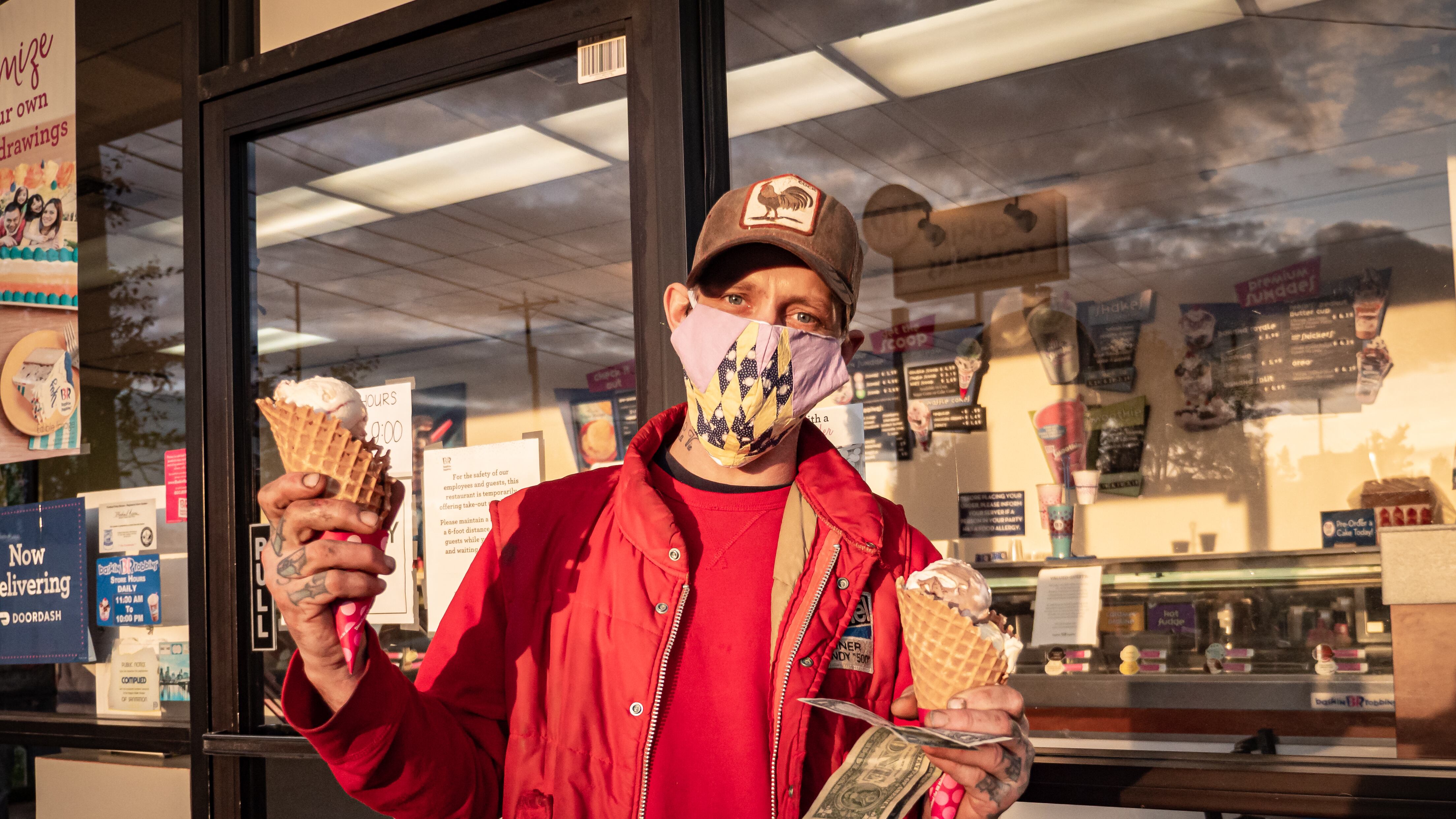On Friday, June 12, Portland is expected to reach a long-awaited milestone: the reopening of bars, restaurant dining rooms and beauty salons. It is unclear whether the city is ready, and warning signs suggest the results could be calamitous.
As Multnomah County prepares to become the state's last to reopen amid the COVID-19 pandemic, officials worry that complacency—and the overlay of mass protests against police killings of black people—presents major risks.
County Chair Deborah Kafoury worries people will mistake reopening as confirmation the pandemic is over.
"It's not over and won't be until we have a vaccine," Kafoury says. "COVID fatigue is real, but we need to continue to try and limit our risks as individuals and as a community, to protect the people most likely to get seriously ill and die."
But county officials have not paused their plans to reopen June 12. Instead, they have turned to Oregon Gov. Kate Brown and asked her for two additional protections: mandatory COVID-19 testing in nursing homes and a requirement to wear masks in public places.
A common perception of the novel coronavirus is that it mostly sickens the old. But state figures show that the same people most likely to attend protests are actually the most likely to get infected: The greatest number of positive tests since the pandemic began is among those aged 20 to 29, followed by those aged 30 to 39.
On June 5, Kafoury and the other officials calling the shots on public health in Oregon's largest county filed paperwork with the state attesting that social distancing had beaten back COVID-19 sufficiently that the county could begin reopening.
In what felt like a cosmic rebuke, the Oregon Health Authority over the next three days reported the largest single-day totals of new COVID-19 cases since the pandemic began. The percentage of tests coming back positive also increased sharply, nearly doubling to 5 percent.
OHA experts say it's too soon to judge the significance of the increases, which they attribute to more testing and aggressive contact tracing, particularly around workplace outbreaks. The numbers were skewed by a massive outbreak at Pacific Seafood in Newport, they say, but case numbers in Multnomah County are also rising.
State and county officials worry the rash of protests that have occurred in Portland and around the state could become a super-spreader event. "We're just at the beginning of the window where we'll find that out," says Dr. Tom Jeanne, an OHA senior adviser.
At Multnomah County, the decision to reopen is an acknowledgement of the obvious: Officials can no longer keep more than 800,000 people locked down when demonstrators gather in large groups every night.
"This is exactly what we've been trying to avoid, a bunch of people mixing together," says Dr. Jennifer Vines, the leading health officer for the tri-county region.
Multnomah County's five elected commissioners have expressed solidarity with the protesters—the county categorizes systemic racism as a public health hazard—but they are also keenly aware that just because the state is resuming some normal activities, the risks haven't diminished.
So they are seeking strategies to mitigate the damage.
Last week, at the urging of Commissioner Sharon Meieran, an emergency room physician, the board collectively asked Gov. Brown to "issue an executive order imposing a statewide mandate for COVID-19 testing for all long-term care facilities in Oregon."
Several states, including Washington, California and Colorado, have already issued such mandates.
About half the state's 169 COVID-19 deaths have occurred in nursing homes, assisted living or other long-term care facilities. Advocates fear reopening Portland adds to the risks for seniors.
"Folks haven't thought about the fact that many residents in these facilities can come and go as they please," says Ruby Haughton-Pitts, the state director of AARP Oregon. "We can't flatten the curve in one part of society and leave people in congregate settings vulnerable."
Jim Carlson, president and CEO of the Oregon Health Care Association, which represents senior living centers and occupies a powerful position in state politics, says his group is not standing in the way. "We support widespread surveillance testing of long-term care staff and residents," Carlson says, "and have expressed this publicly and in private conversations with a wide variety of
public officials."
Charles Boyle, a spokesman for Brown, says protecting seniors is a top priority for the governor. She is considering the county's request and changes are likely, Boyle adds. "We will be able to share the details of this plan within the next few days."
Meieran has been so persistent in her advocacy for mandatory testing at senior facilities that county officials merely nod and move to the next agenda item when she brings it up.
She and more than 140 other doctors are also pushing Brown to mandate masks.
"When you put a double barrier between people, you significantly lower the risks," Meieran says. "It's been done thoughtfully in most major cities and counties on the West Coast and particularly well by King County in Washington."
Requiring masks is something the county could do alone, but Meieran's colleague, Commissioner Lori Stegmann, pushed back last week, citing news reports that some people of color would feel stigmatized.
"For black men, according to The New York Times," Stegmann said, "the fear is that masks will expose them to harassment from the police."
That's why the protesters march—to seek an end to institutionalized racism in policing.
"We have to work to mitigate those kinds of impacts," Meieran says. "We're dealing with a double epidemic here: racism and COVID-19, and we've got to take them both on."

